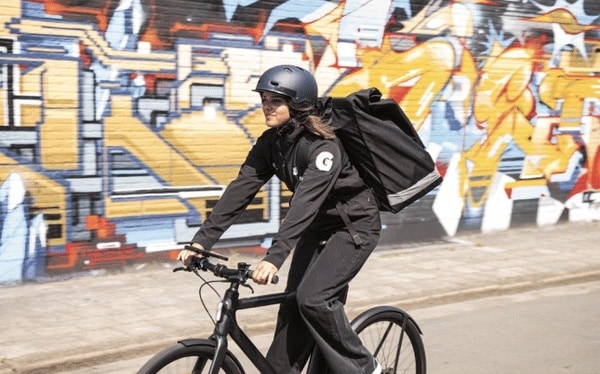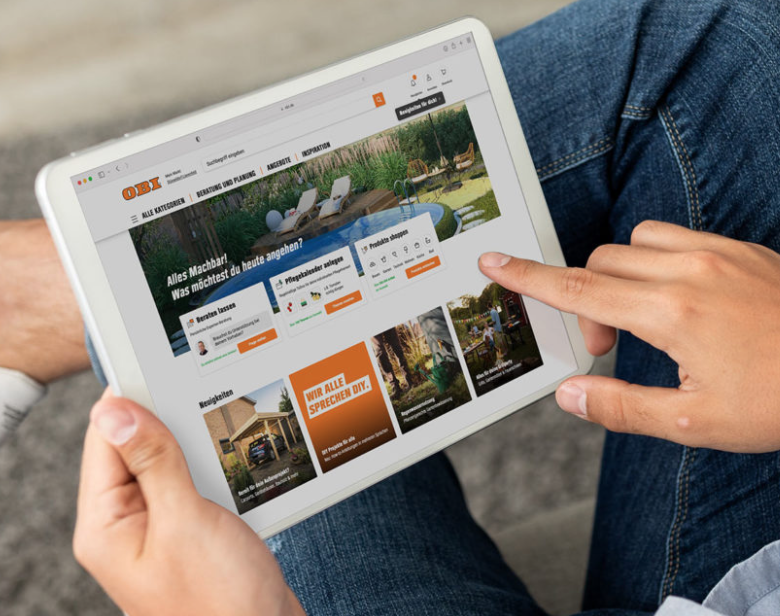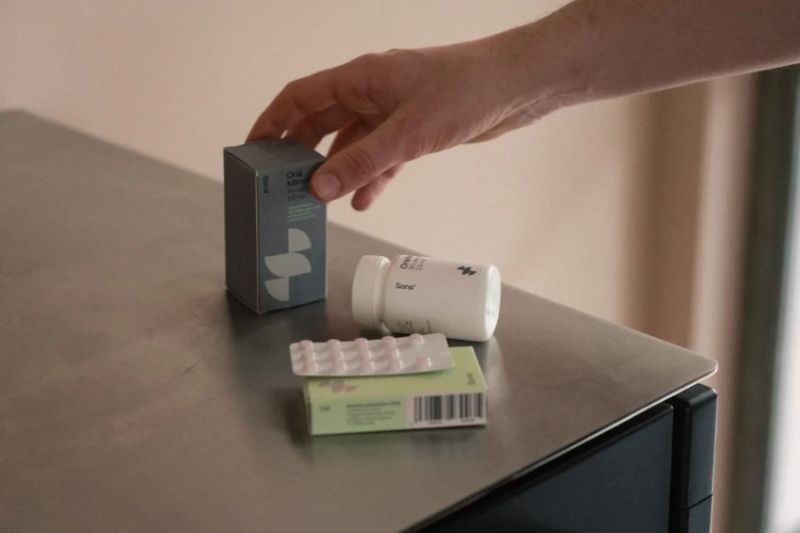The competitive ultrafast delivery sector is in a state of flux driven by innovations, partnerships and acquisitions.
Before the pandemic, it seemed that consumers wanted to receive their online orders in ever-faster ways. The number of retailers offering next-day delivery was growing, as were same-day delivery options. Just look to Amazon for examples of swifter delivery with Prime and Premium services.
As covered earlier in this report, the pandemic has substantially altered retailer delivery promises. Taking the grocery sector as an example, UK supermarket Tesco scaled rapidly to double online delivery capacity to 1.3m when the country went into lockdown in March 2020.
While the trend for retailer’s own fulfilment services is towards standard delivery, with no charge over a certain order value, there’s still consumer appetite for under one-hour delivery from the likes of app-based challengers such as Gorillas, Deliveroo and Getir.
Consumers accustomed to receiving rapid takeaway food orders have embraced similarly speedy services Delivering on a faster promise. The competitive ultrafast delivery sector is in a state of flux driven by innovations, partnerships and acquisitions for groceries, last-minute requirements and forgotten ingredients. Across Europe, 77% of online grocery shoppers say they have already used, or would use, a fast delivery service for groceries. Dutch consumers are thought to have spent around €40m with these app-based services in 2021. This year, that figure – which is based on average spend per order and order frequency – is predicted to rise to a total turnover of €1bn.
A closer partnership
From the retail perspective, these companies accelerated their growth during the pandemic as shoppers ordered from their apps with orders that were either picked in the same supermarkets that staff were already picking in or from stock in their own dark stores.
The relationships are now getting closer and more extensive. Morrisons and Deliveroo have partnered in a delivery only grocery store in Central London. Deliveroo Hop sees Morrisons acting as wholesaler and Deliveroo as a retailer able to set its own prices. The new service complements Deliveroo’s existing grocery offer which delivers from over 4,600 UK grocery stores. Hop will also mark Deliveroo’s first move into becoming a retailer itself.
Deliveroo says that Deliveroo Hop offer a better customer experience through:
- Greater stock accuracy – its grocery management technology enables real-time inventory control providing reliable item availability to consumers and eliminating the need for item substitution.
- Increased speed – Leading warehouse management technology, combined with Deliveroo’s logistics algorithms and existing network of over 50,000 riders in the UK, enable delivery in as little as ten minutes.
- Wider product range – Deliveroo’s partner-led model enables a range of up to 2,000 items, including partner-branded and own-label products.
Other grocers are looking at co-located warehouses in urban areas in order to fulfil more, with faster orders. In October, Tesco started a trial with Gorillas with a dark store operation using excess warehouse space at existing Tesco sites in Thornton Heath and Lewisham.
The trial sees customers ordering from a selection of 2,000 Tesco products on the Gorillas app, with their order then picked and packed at Thornton Heath for delivery.
Commenting at the time, Jason Tarry, Tesco UK & ROI CEO said, “The idea that we can reach our customers in just ten minutes is really exciting. We are committed to being easily the most convenient choice for our customers, enabling them to shop whenever and however they want. This pilot with Gorillas will help customers get their products right away, supporting those looking to buy food for tonight or last-minute forgotten items. We look forward to hearing what our customers think.”
Adrian Frenzel, Gorillas COO, agreed with the sentiment, saying, “We’re thrilled to be announcing this first-of-its-kind commercial and real estate partnership with Tesco.
As a fast-paced company at the forefront of the on-demand grocery industry, we are always looking for ways to innovate, and this co-location partnership will bring unprecedented value to our customers in the UK who will now have the possibility to be delivered the best of Tesco within minutes thanks to Gorillas.”
Since the start of the trial Gorillas riders have “already clocked up nearly 50,000 emissions-free miles” on their e-bikes. The trial with Tesco has since been extended to Manchester and further locations are planned.
Tesco launched its own fast-track service, Whoosh, last year, which offers delivery in an hour, and has hinted that its automated micro-fulfilment solution could be used for other products, not just groceries.
Gorillas also works with Casino in France and Jumbo in the Netherlands. CFO of Jumbo, Ton van Veen, highlights how by selling through these apps, the grocer can reach new customers. “The market for the instant delivery of groceries ordered online is growing rapidly,” he says. “We are already noticing that we are strengthening each other on various fronts – Gorillas can provide its customers with virtually all groceries in the Jumbo range, and at Jumbo, we are tapping into new, interesting customer groups.” Jumbo plans to extend Gorilla’s fast delivery option to its own grocery platform, giving customers in major cities in the Netherlands and Belgium the option of standard delivery options or ultrafast. “In this way, we continue to meet the changing wishes and needs of our customers,” adds van Veen.
An industry in flux
The ultrafast industry is in a state of flux – and not just in Europe – with entrants still joining the fields, partnership deals being signed and competitors acquired. In July, Turkish ultrafast grocery delivery company Getir acquired Blok, a grocery delivery startup in Southern Europe. The acquisition gave the Turkish company access into Spain and Italy through Blok’s existing operations in several cities including Madrid, Barcelona and Milan. The additions mean Getir is now working in seven markets across Europe, with Portugal next in its sights. Such acquisitions are reducing competition. Gorillas bought its rival Frichti after being in competition with the French company in a number of cities in France and Belgium.
In other areas, new partnerships are being sealed. Just Eat and Gorillas are working together in Madrid, Spain, to deliver fresh produce from five of the city’s main municipal markets as well as Just Eat listing Gorillas’ groceries on its app.
The future is uncertain but by watching how the challengers are changing markets, the ways in which retailers are reacting and how, when and where consumers are using the services gives us clues. As Spanish delivery company Glovo (which enables “anything” to be collected from “anywhere”) reports, in Georgia, one of its couriers carried dried insects for an anaconda, while divorce papers travelled somewhere in Montenegro. Glovo’s biggest fan made purchases worth almost €130,000 from Spain, while in Poland, a tea lover ordered 732 tea cups to be delivered.
This article was originally published in the 2022 DeliveryX Europe Top500 report. Download the full report here for further insight into the Operations & Logistics capabilities of the Top500 retailers.









